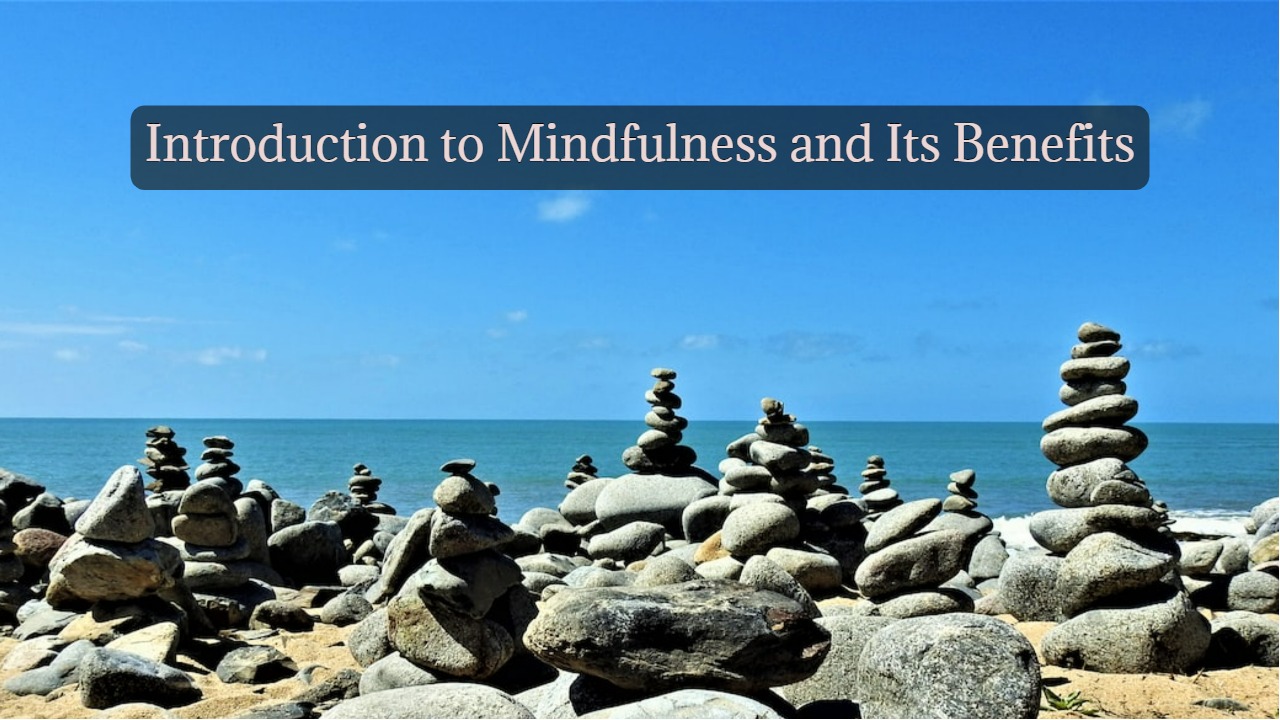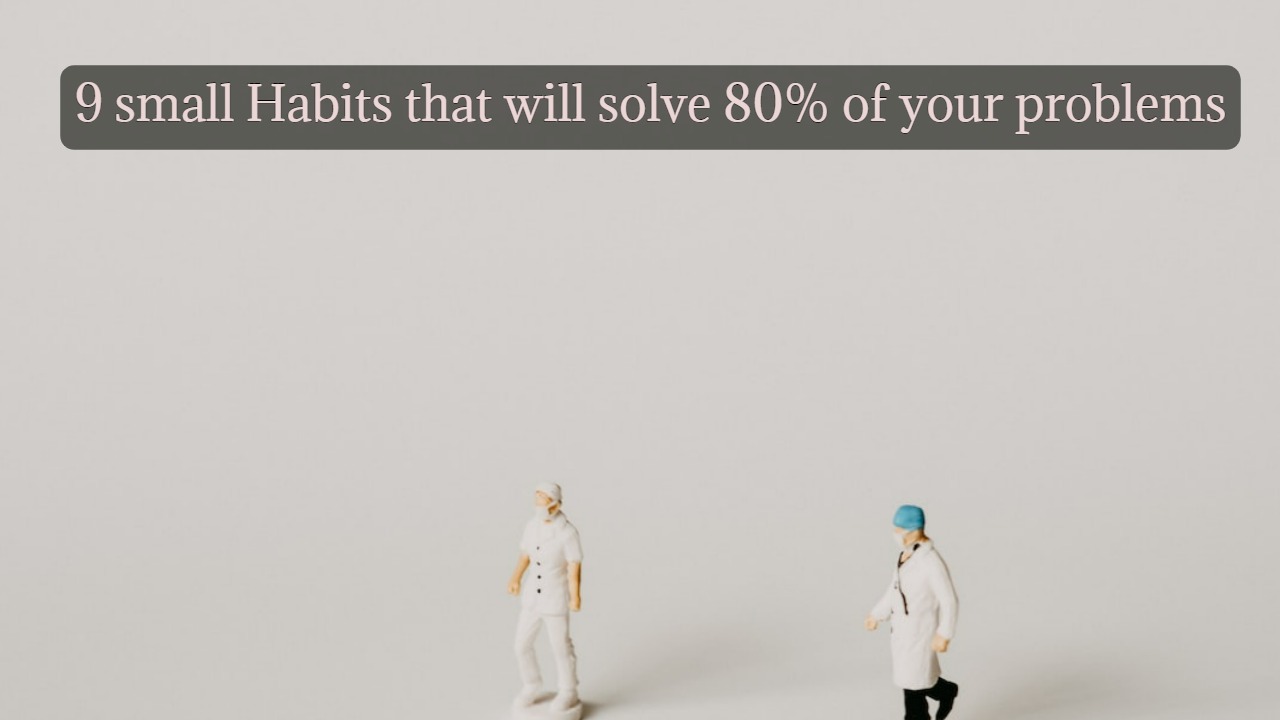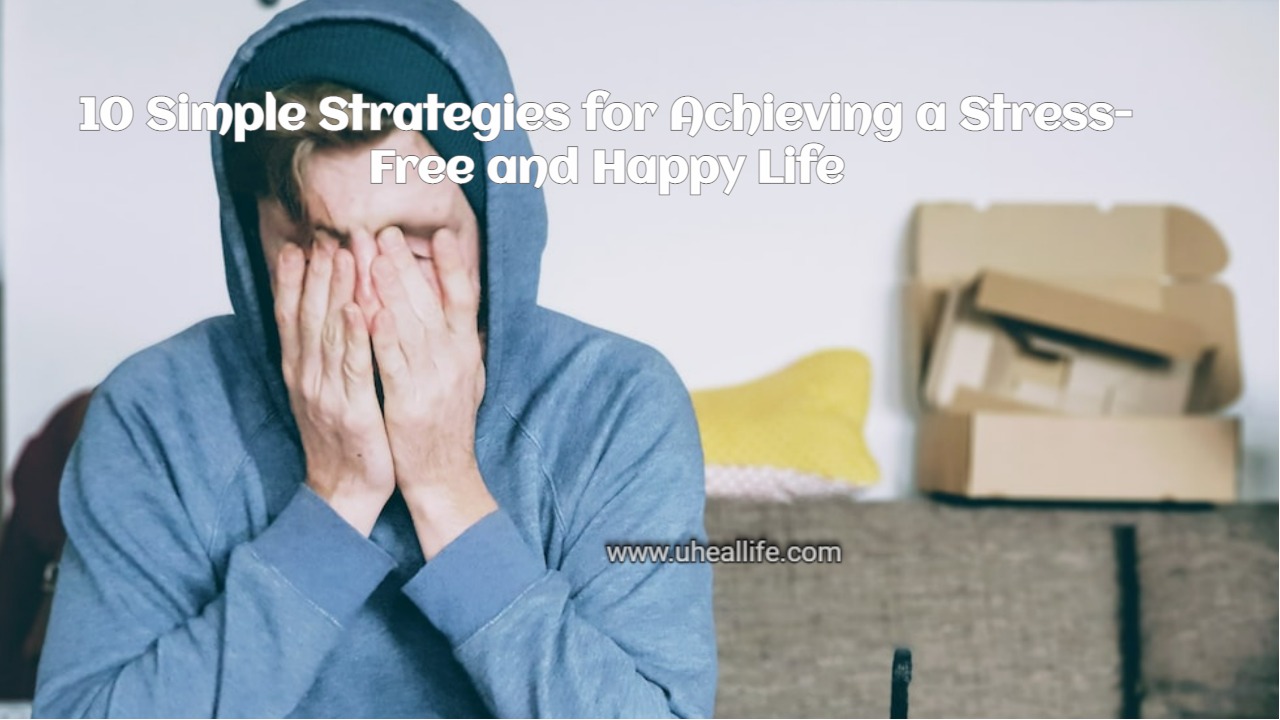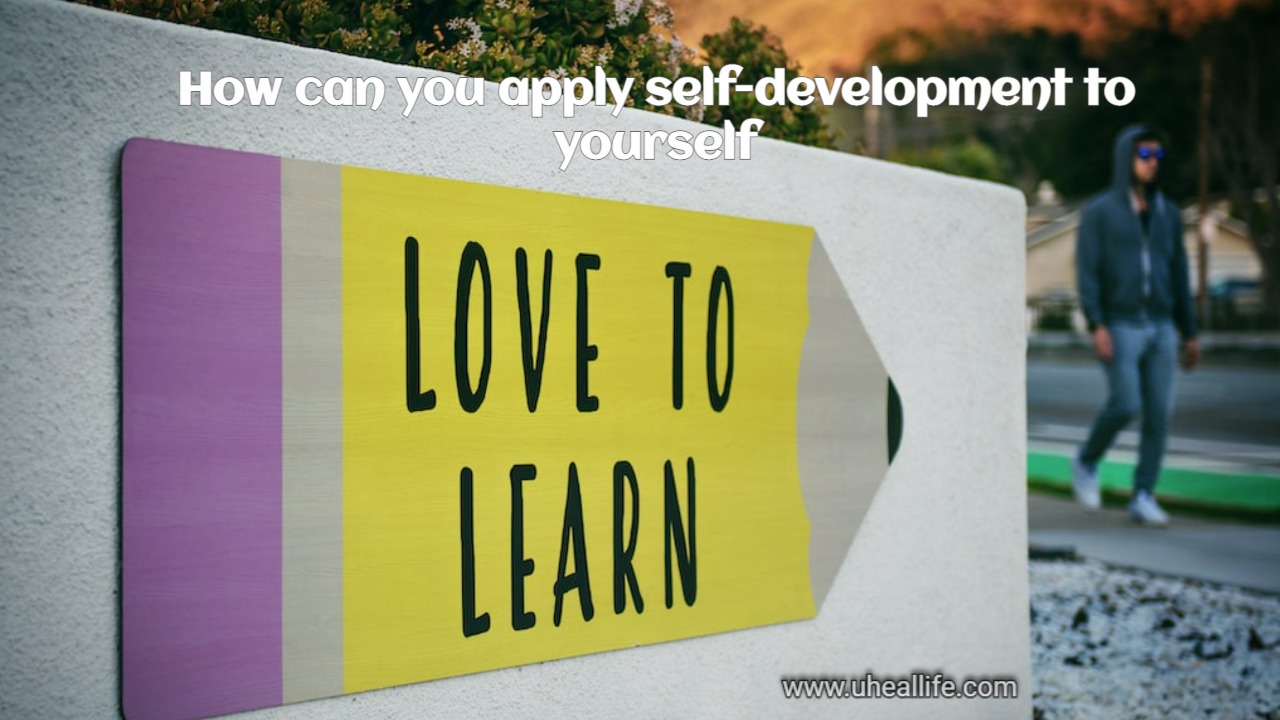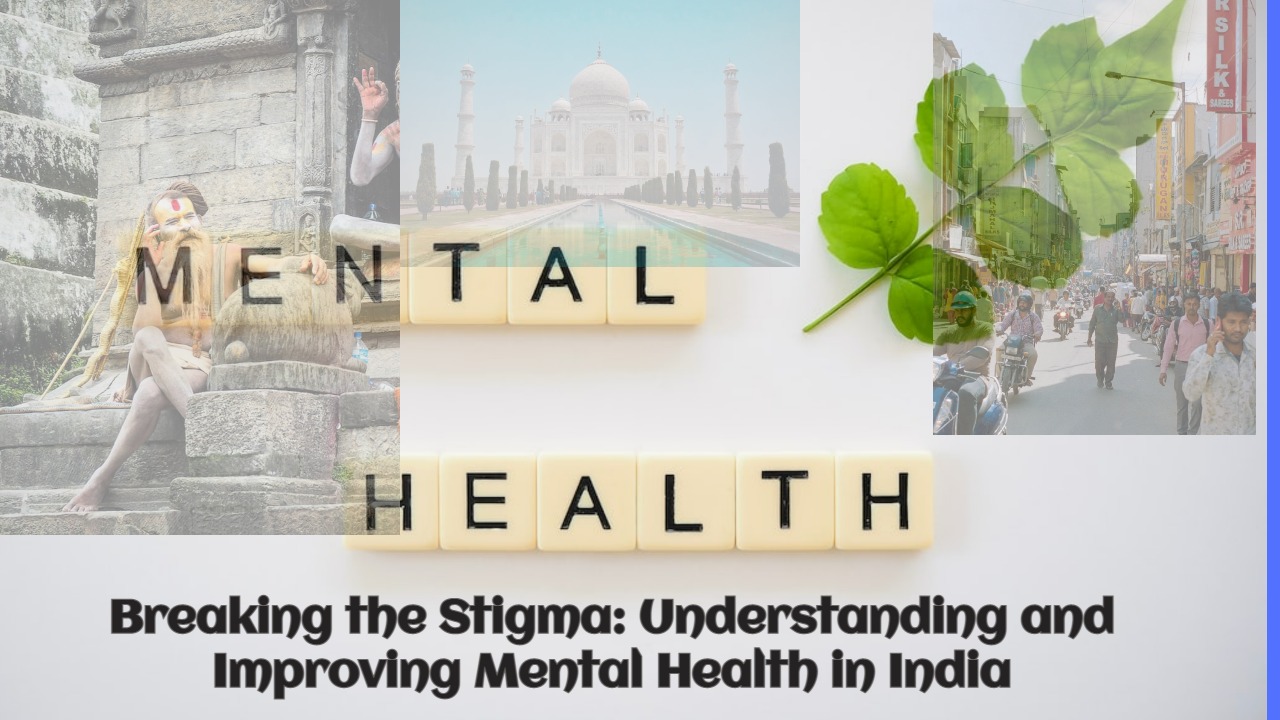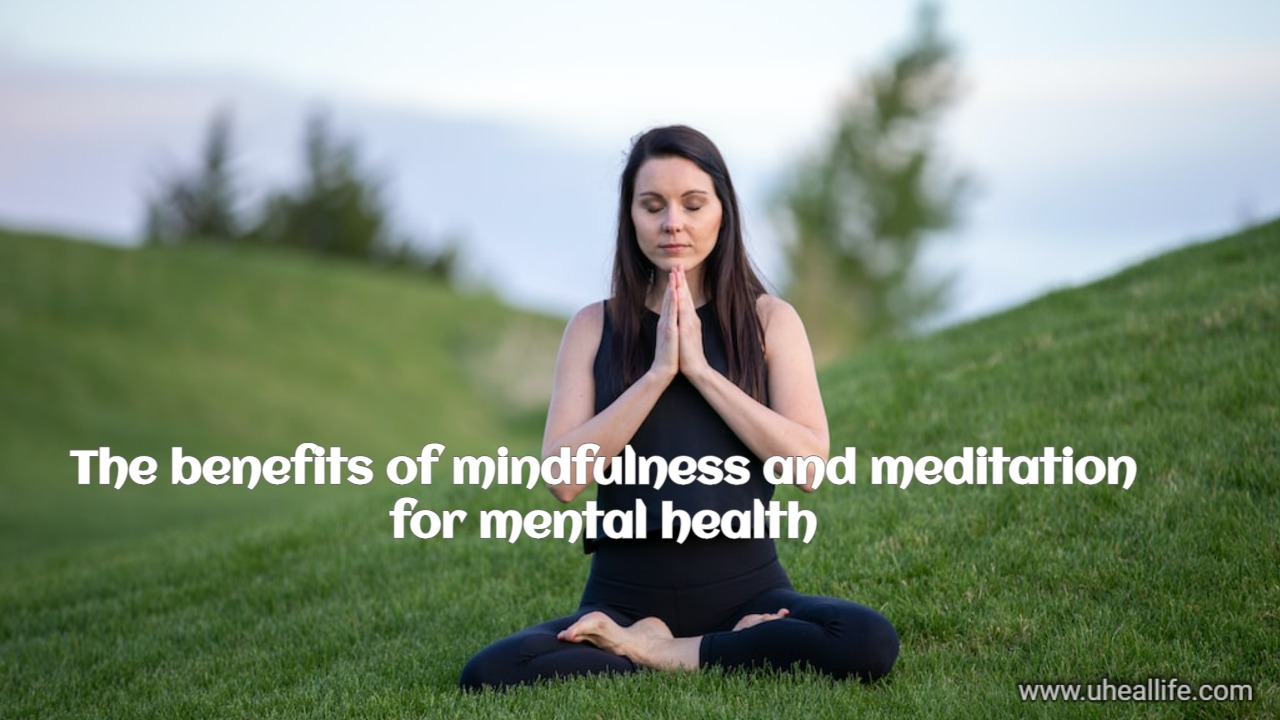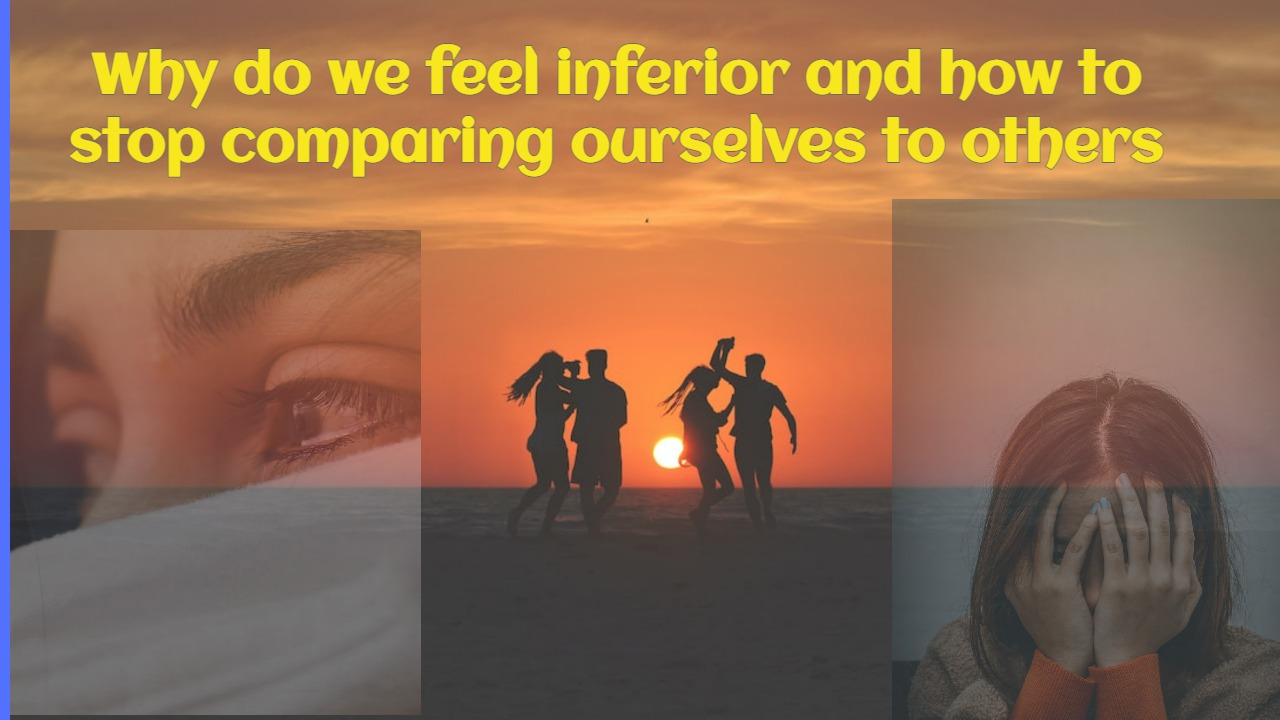Introduction to Mindfulness and Its Benefits
Mindfulness is a mental state achieved by focusing one’s awareness on the present moment, while calmly acknowledging and accepting one’s feelings, thoughts, and bodily sensations. It has become increasingly popular in recent years due to its numerous benefits for both physical and mental health.
The Science Behind Mindfulness
Research has shown that practicing mindfulness can change the structure and function of the brain. Areas responsible for regulation of emotions, self-control and perspective taking have been found to be thicker in individuals who regularly practice mindfulness compared to those who do not. Additionally, mindfulness has been linked to reduced levels of stress and anxiety, as well as increased feelings of happiness and well-being.
How to Practice Mindfulness
There are many different techniques that can be used to practice mindfulness. These include meditation, deep breathing exercises, and mindfulness-based stress reduction (MBSR) programs. It is important to find a technique that works for you and to make it a regular part of your routine.
One simple mindfulness exercise is to simply focus on your breath for a few minutes each day. Sit or lie down in a comfortable position, close your eyes, and focus on the sensation of air moving in and out of your body. If your mind starts to wander, simply redirect your focus back to your breath.
The Benefits of Mindfulness
Studies have shown that mindfulness can provide numerous benefits for both physical and mental health. Some of the most commonly reported benefits include:
- Reduced stress and anxiety
- Improved focus and concentration
- Increased feelings of happiness and well-being
- Improved physical health, including lower blood pressure and reduced symptoms of chronic pain
- Enhanced immune system function
Conclusion
In conclusion, mindfulness is a powerful tool for improving both physical and mental health. By focusing on the present moment and calmly acknowledging and accepting one’s feelings, thoughts, and sensations, individuals can reap the numerous benefits of this ancient practice. Whether you are looking to reduce stress, improve your overall well-being, or simply find a new way to relax and unwind, mindfulness is definitely worth exploring.

